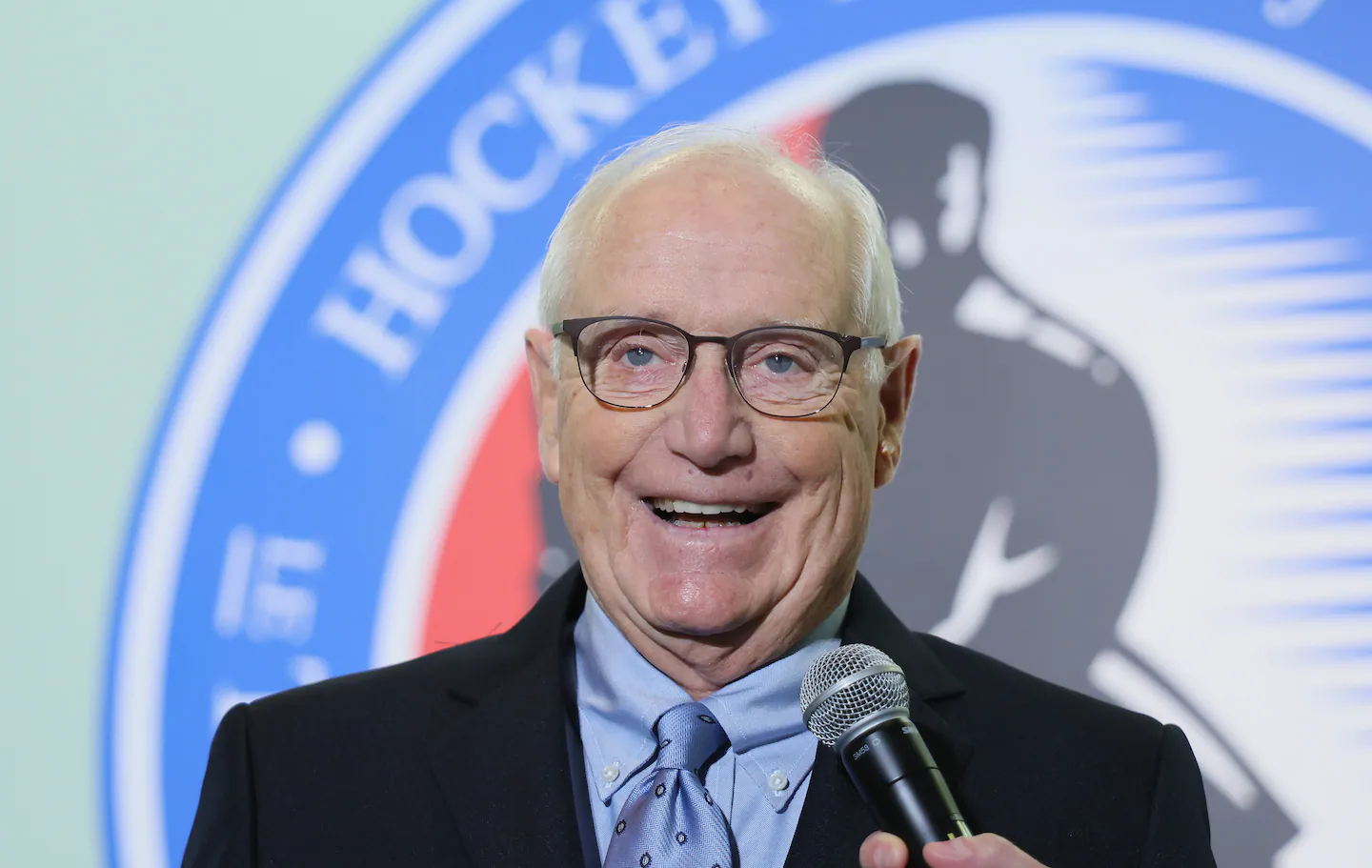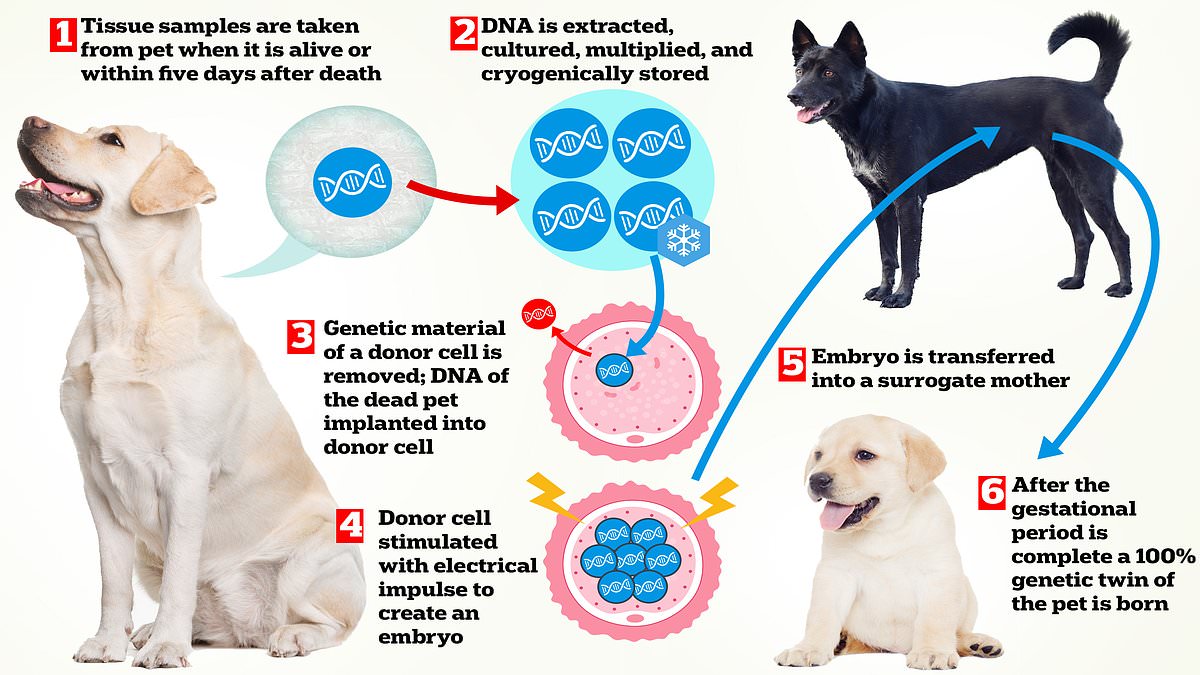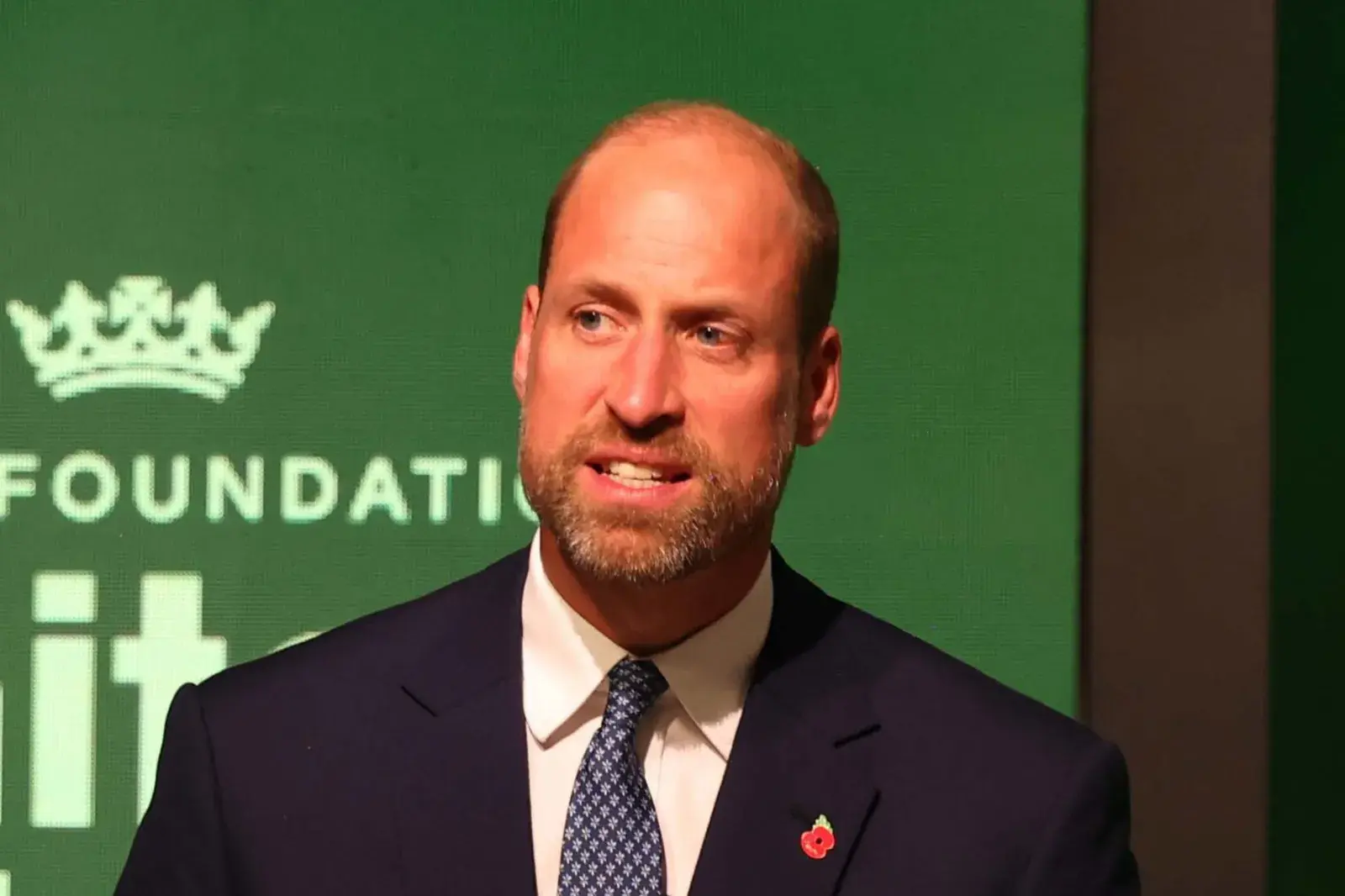Copyright The Boston Globe

But for anyone with a Boston ear for the game, the omission of BU’s 22 Beanpot titles during Parker’s decades as bench boss sounded like dropping that horse ride out to Concord and Lexington from Paul Revere’s bio at the Great American Patriot Hall of Fame. “Yeah, well …,” said Parker, chatting with a reporter soon after the ceremony wrapped up, “… they don’t know what the Beanpot is up here.” Parker and six of the other inductees, minus only stay-at-home legend Alexander Mogilny, will be on hand Monday night for formal Hall enshrinement. Along with Parker, this year’s ceremony has a distinctive Boston flair with former Bruins captains Zdeno Chara and Joe Thornton also to be honored. The latter two, albeit at different times, worked on Causeway Street for a substantial chunk of Parker’s 40-year tenure on Commonwealth Avenue. Parker grew up in Somerville, played as a 140-pound forward at BU, graduated in 1968, and was a vibrant, perpetually pacing 27-year-old when taking full charge of the Terriers bench in December 1973. In his time on the watch, he created and curated a culture of competitive excellence at BU, further solidifying the city’s prominent standing in the US college hockey community. “I was fortunate to stay at BU all those years, and win a lot of games,” noted Parker, who’ll now join legendary Boston College coach Jerry York as a HHOF member. “And the reason we won a lot of games? We had great players.” To the latter point, Parker added, “We had a philosophy at BU, if you want to win a game, get off the bus with the best team.” The Parker-led Terriers were crowned national champs in 1978, ’95, and 2009, and also reached the Frozen Four title game in 1991, ′94 and ′97. He stayed so long on the job, said Parker, in large part because of his connection with the kids. It was his environment, the comfortable chair in his life’s work. “I’ve often said,” he said, “I have two daughters and 37 sons.” Many of those sons enjoyed lengthy NHL playing careers. The long list includes the likes of Keith Tkachuk, Chris Drury, Jay Pandolfo (now BU’s coach), Mike Grier, and Scott Young. When Team USA pulled off its “miracle” gold medal at the 1980 Olympics, Parker had put his tutorial thumbprint on captain Mike Eruzione, Jim Craig, Dave Silk and Jack O’Callahan. The Bruins twice during the years when Harry Sinden was general manager tried to woo him away from BU and put him behind the bench, but Parker noted here that he was always skeptical about college coaches making the transition to the NHL game. At the college level, noted Parker, the roster turns over completely every four years. In the NHL, coaches often get the heave-ho in two years, with clubs “looking for a different voice.” “The Mike Sullivans of the world, coaching the same team for 10-12 years, are unique …,” mused Parker, who coached Sullivan at BU from 1986-1990. Sullivan coached the Penguins for 10 seasons and directed them to back-to-back Stanley Cup titles. He began his NHL tour as coach of the Bruins for two seasons, was dismissed upon the arrival of Peter Chiarelli as GM in 2006, and now is in his first season behind the Rangers bench — working, by the way, for Drury, the New York GM. Parker came close to accepting when Sinden came calling the second time. It was the final offer from the Bruins. The NHL was off the table. He was staying home. For good. Parker recalled being “a little nervous” when sitting down to tell Sinden he was declining the offer. “And he said to me, ‘Yeah, I knew you weren’t going to take it,’ ” said Parker, a sense of surprise lingering in voice all these years later. “And I said, ‘Why are you saying that? This is the most difficult decision I’ve had in my career.’ ” It turned out that Sinden, a fellow Hall of Famer in the “Builders” category, knew the NCAA and the NHL were of different worlds. “Harry said to me, ‘Yeah, well, I would imagine some time in late April or May, you’re sitting in your office and a player who played for you years ago comes back with his wife and son and he wants to say hello,’ ” said Parker, noting Sinden quickly added, “That never happens here!’ ” Parker the last couple of days repeatedly stressed a sense of near bewilderment, almost disbelief, that the Hall came calling. “It’s been sort of, ‘Really?!Me?! … You’re talking to me?!’ ” he said. The Hall of Famer turned 80 in March. “Imagine,” Parker said with a big smile. “I’m in my ninth decade.” That long journey landed him here, shoulder to shoulder with the game’s greats. Indeed, they’re talking to Jackie Parker now, making sure his name remains attached to the game forever.



